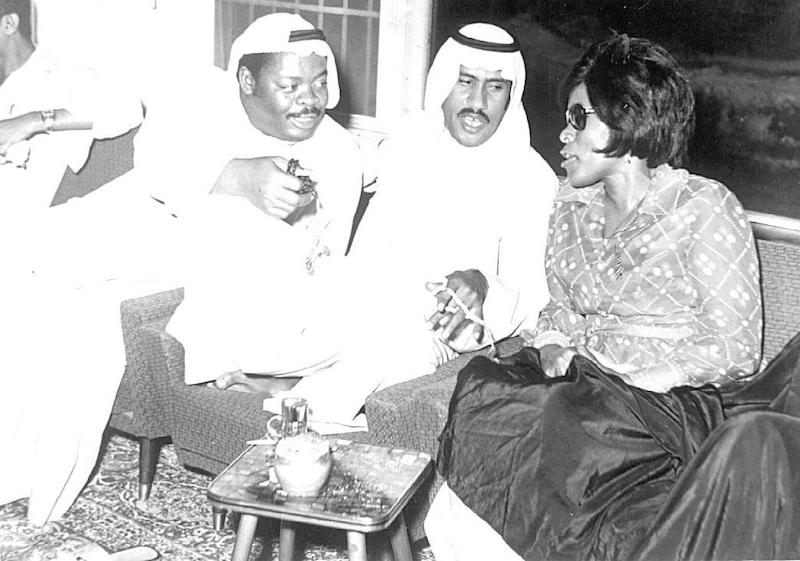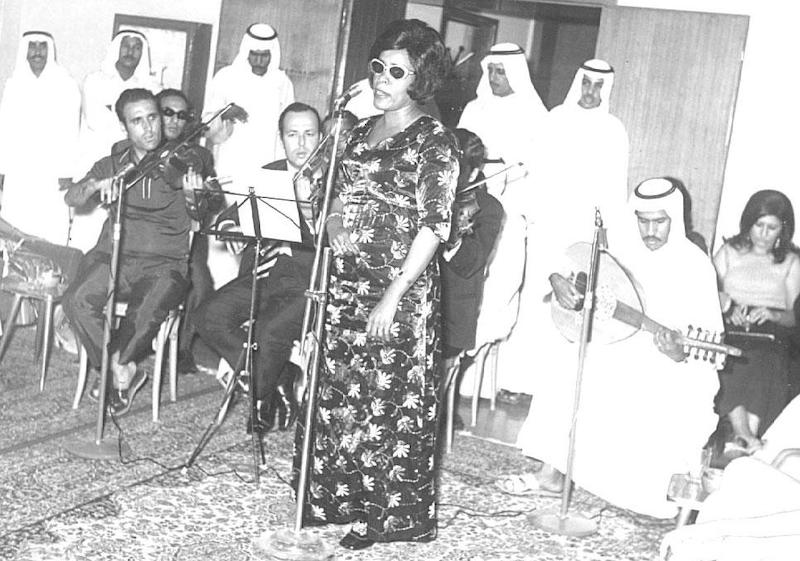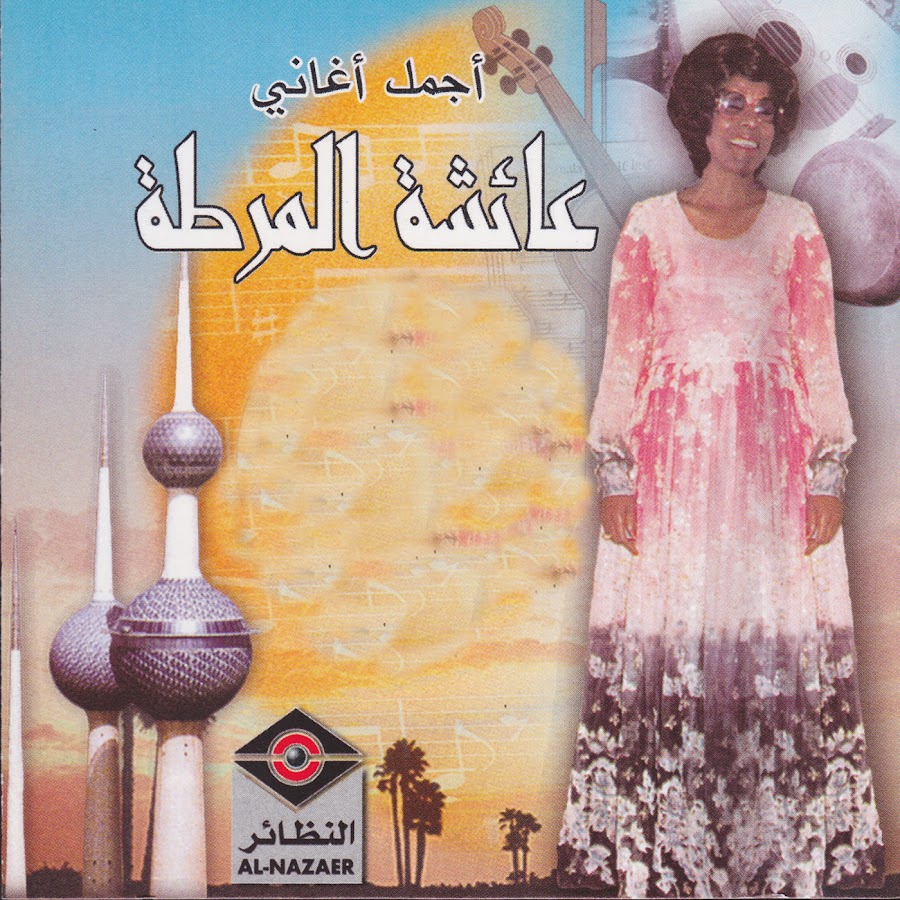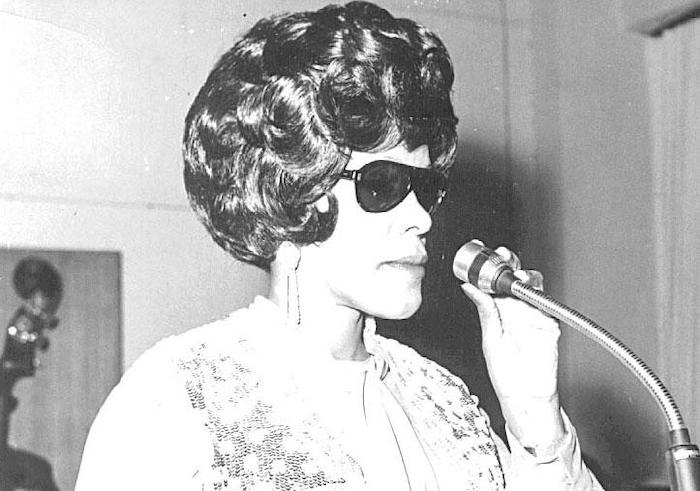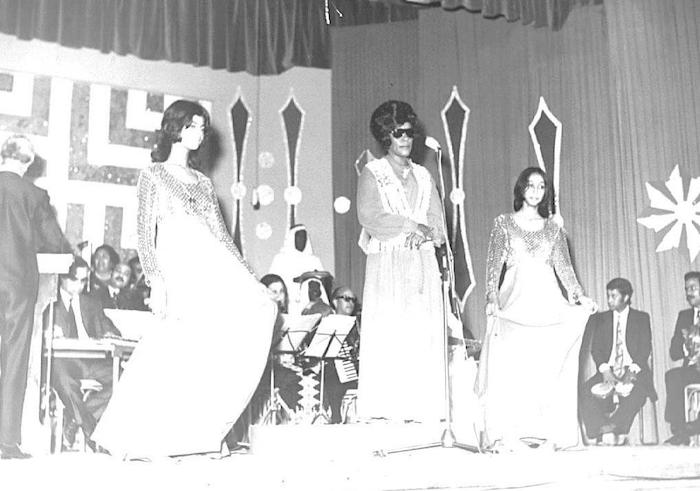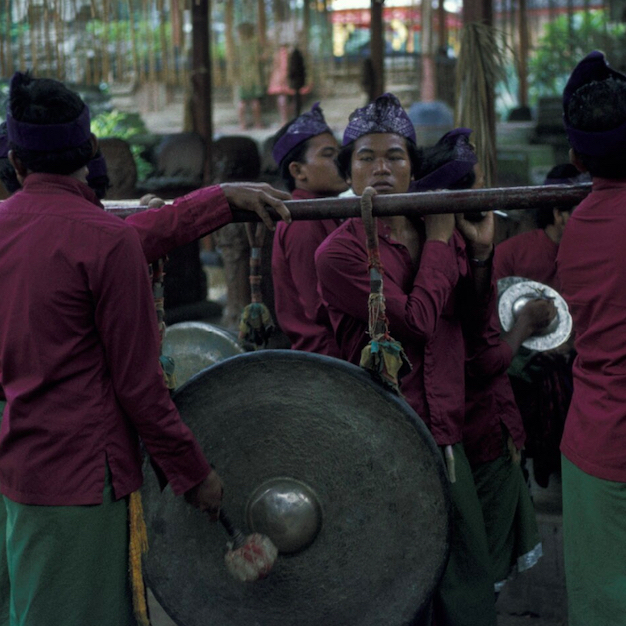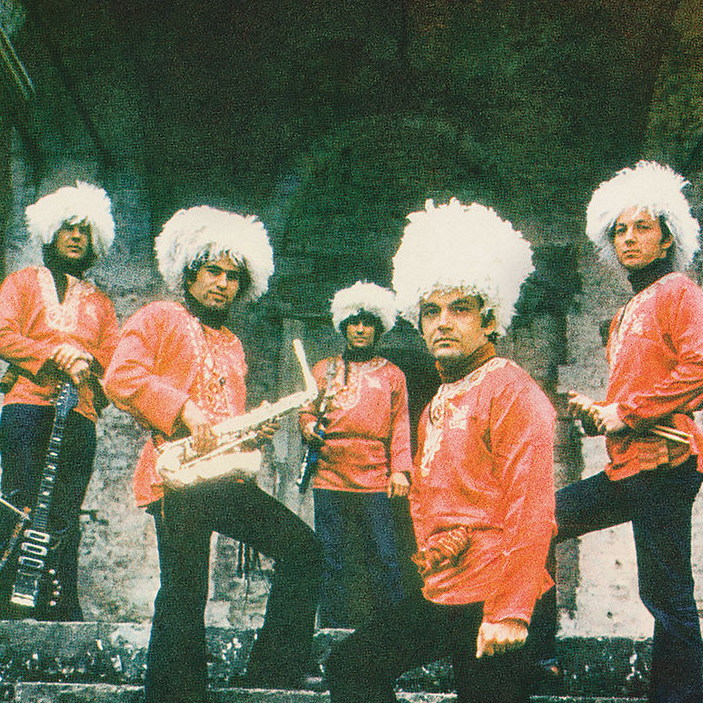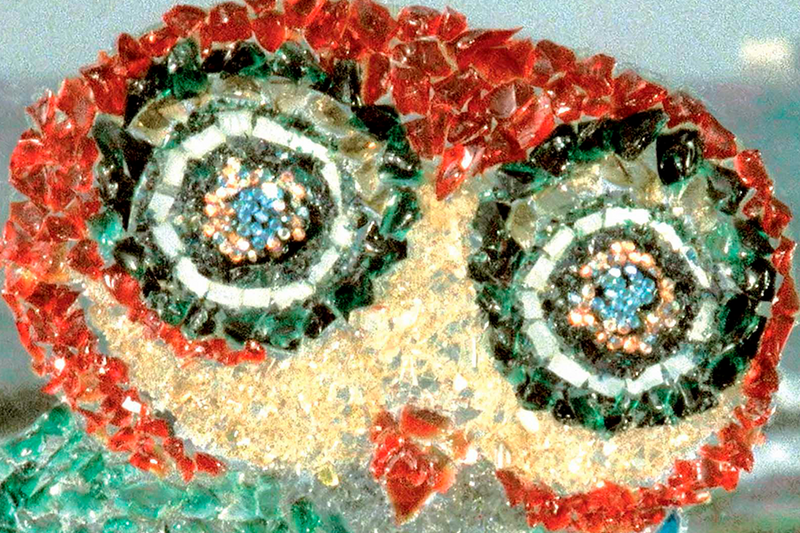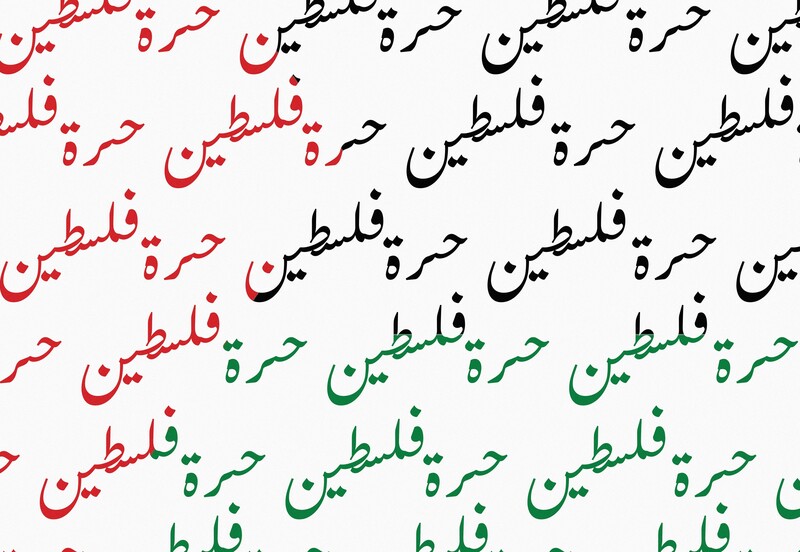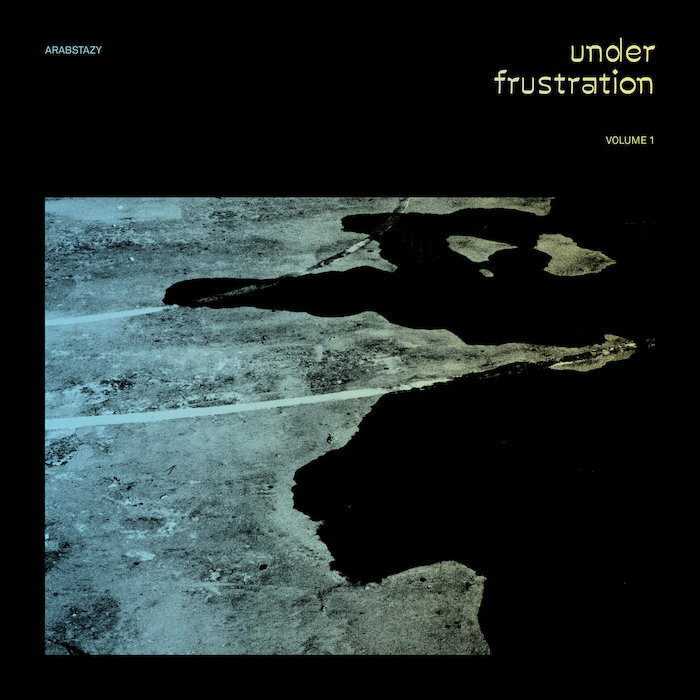Images from Al-Jarida
Through the trials and tribulations of her early life, the singer Aisha Al-Marta was able to make a lasting impact on the musical landscape of her region and beyond. Dr. Khawla AlMarri recounts her story, the ways in which she endeared herself to audiences, and her commitment to both her art and family.
It is said that the voice is an instrument of power. Aisha Al-Marta was one of the most prolific singers in the history of the Arabian Gulf. Born in Kuwait, Aisha sang at a young age and grew to become the first female performer to sing to the accompaniment of a band. Enchanting and graceful, she performed folkloric songs and was known to employ various forms of song and music, such as Al Samri, Al Najdi, and Al Dosari, all of which originated in Saudi Arabia. Aisha earned the moniker "the Arab Edith Piaf." She was most known for notable songs such as “Ya Nas Deloni,” “Mansiya,” and “Salemoli Ala Eli.” Collaborations with the biggest names in the Arab world’s music industry, such as the legendary Egyptian Singer Umm Kalthoum, earned her a place among giants.
Aisha was born on February 5th, 1934. The star grew up in a place called Jibla, one of the oldest neighborhoods in Kuwait. She encountered a very tough period in her life when she lost her father at the age of six and moved to live with her maternal uncle, Salem. Years later, Aisha became very ill, which sadly caused her to lose her eyesight at the age of fourteen, which is how she became known by the name Al-Marta (the blind). Her uncle Salem was her rock during that period, as she also lost her mother in the same year. Following her mother’s death, Aisha felt that she needed to find a purpose in life. She was resilient against the calamities that struck and found solace in music.
Since she was a little girl, her dream was to become a folk singer. She became attached to folkloric music and memorized every song she had heard. Due to her blindness, her other senses, especially her hearing, were sharpened. Aisha continued to hone these skills, becoming her own teacher. She made the decision to become a wedding singer, but at first she would only sing at the weddings of family and friends. She then became part of a band led by Ouda Almuhana and wowed her contemporaries with her singing abilities. It was clear that her disability did not hinder her aspirations nor was it restrictive.
Aisha married Rashed Juma Buftain in 1948 and they had two children, Adel and Wafa. Little known about Aisha outside of her musical career is her other passion: Aisha and Rashed opened Alkawakeb Sweets and Ice Cream Shop in the 1940s, which remains open to this day. This ice cream parlor was their third child. The consumption of ice cream grew very widely in Kuwait and the couple decided to introduce new ice cream flavors with a variety of combinations you don’t see much today. The shop was also known for serving traditional Kuwaiti sweet treats to the local community and stocking an array of products. The shop was expanded in 1966 and soon became a cultural landmark and the ultimate source for freshly made Kuwaiti ice cream and traditional sweets.
Aisha had always shared her endless love for music with her husband, Rashed. She grew up in a time when people were enamored with the radio, and the couple enjoyed listening to various songs by well-known Arab singers. Her breakthrough came in 1970, when singer Ouda Almuhana encouraged Aisha to accompany her to the radio station. There, she sang Essa Alnashmi's song "Ya Metlef Alrouh." The song evoked intense emotions in the audience, who loved her voice. Aisha loved the positive feedback she received from the radio station committee and felt eager to go public after her celebrated performance on the radio. She was extremely nervous when she sang on stage for the first time at the Arabian Theatre in Kuwait. The audience noticed her struggle and started to cheer and clap for her. This beautiful gesture encouraged her to gather her thoughts, suppress her anxiety, and keep her feet on the ground. The journalist Abdullateef Alawadhi wrote about Aisha and in the article assured her that this experience had created a new bond with the audience. The late singer mentioned that this was her first live lesson with the audience, a lesson that changed her life and made her an iconic figure. After that experience, Aisha became part of the Kuwaiti Artists Association. Her brilliant performance helped her overcome the odds and develop grateful audiences across the Arabian Peninsula.
Images from Al-Jarida
The word obstacle was never part of Aisha's vocabulary, nor was the fact that she was also a female who worked in a very challenging industry. Her husband Rashed at one point asked his wife to quit singing for a year, but soon he changed his mind and began accompanying her to her performances and gigs. She had her own singing show on Kuwait’s national television in collaboration with Kuwaiti composer Khaled Alzayed, which was incredibly popular. Aisha produced thirty-two songs during her singing career, including unforgettable national songs such as “Ya Baladna Alsaeeda” composed by Khaled Alzayed and written by Abdulaziz Albasri and “Ya Najmat Alfajer” written by Abdulmehsen Alrefaei.
Aisha Al-Marta passed away on July 17th, 1979 at the age of forty-five due to a terminal illness, one she kept secret from her fans and the public. In 1989, Rashed Bouftain honored the memory of his late wife in his first interview since her death. He reflected on his life with Aisha during their prime years and her professional career as a star. “She was a loyal wife who loved me and cared for her children. We were married for thirty years; they were the best years of my life. She was a star on stage and in our hearts.”
